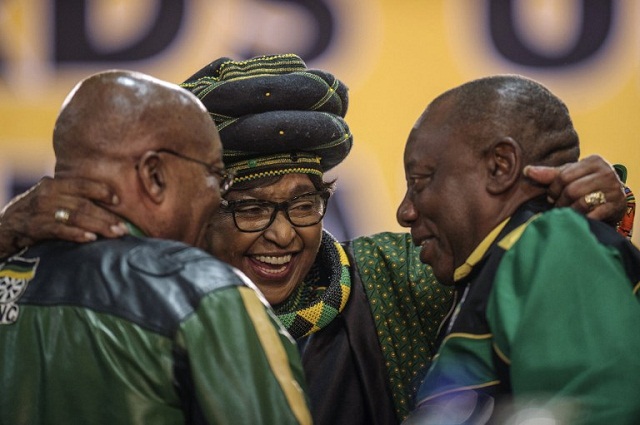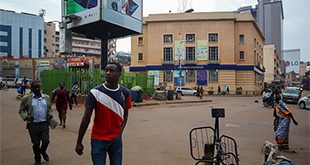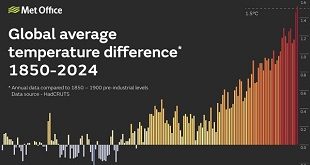
Roger Southall | AFRICAN ARGUMENTS | Rumours that President Jacob Zuma has instructed the South African National Defence Force to draw up plans for implementing a state of emergency may or may not be true. Nonetheless they are evidence of South Africa’s current febrile political atmosphere.
Any assumption that yesterday’s election of Cyril Ramaphosa as the new leader of the ruling African National Congress (ANC), after winning the race against Nkosazana Dlamini-Zuma, will place South Africa on an even keel are misplaced. Indeed, the drama may only be beginning.
It’s useful to look back to 2007 when President Thabo Mbeki unwisely ran for a third term as ANC leader. His unpopularity among large segments of the party provided the platform for his defeat by Zuma at Polokwane. Within a few months, the National Executive Committee of the ANC latched onto an excuse to ask Mbeki to stand down as president of the country before the end of his term. Being committed to the traditions of party loyalty he complied, resigning as president some eight months before the Constitution required him to do so.
The question this raises is whether South Africa should now expect a repeat performance following the election of a new party leader. Will this lead to an instruction to Zuma to stand down as president of the country? And if it does, will he do what Mbeki did and meekly resign?
There’s a big difference between the two scenarios: Mbeki had no reason to fear the consequences of leaving office. Zuma, on the other hand, has numerous reasons to cling to power. This is what makes him, and the immediate future, dangerous for South Africa.
#Ramaphosa may be the new ANC leader, but #Zuma still controls the state. What does this mean for #SouthAfrica‘s next 18 months? https://t.co/kHExXIPaKz
— African Arguments (@africaarguments) December 21, 2017
 The Independent Uganda: You get the Truth we Pay the Price
The Independent Uganda: You get the Truth we Pay the Price


